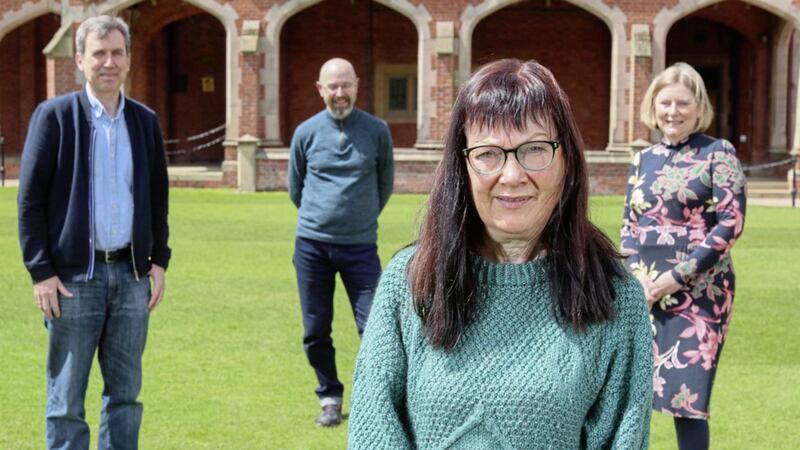SOCIAL care patients who were brought in as co-designers of programmes for fellow users have become researchers in their own right after the project's success.
They were three members of a panel that worked to find best practice in social care for mental ill health, autism, learning disabilities and dementia support provider Praxis Care.
Praxis Care operates across Ireland, the Isle of Man and Great Britain providing support services for 1,500 people across the spectrum of need and `particularly at the higher level of complexity'.
Its research department, which works alongside Queen's University Belfast, Mencap and the Mental Health Foundation, said their projects have been successful because of the close involvement of the service users.
Two have now gone on to study masters degrees at Ulster University and one has become a professional social researcher.
One said: "I have grown in confidence, self-worth, self-respect and feelings of achievement. I am a valued member of my society, not a person of a sub-culture, labelled mentally ill."
Head of research Paul Webb said their work has informed "the evidence-based approach adopted by Praxis Care", with specially designed and individually-tailored support programmes for each person.
It has included empowering people through physical activity, supported decision-making and safeguarding.
"These projects have been successful because of the involvement of people who use services," Mr Webb said.
"By employing a panel of people who use services who work with us as researchers, we have been able to tap into their lived experience to refine our research questions, to develop better data collection tools and to deliver presentations which are hugely impactful."
He said in the last four years the co-researchers developed "skills and self-confidence" to return to a supportive form of employment.
Two co-researchers have taken up HSCB-funded places on an MSc in Development and Co-Production of Social Care Research at Ulster University and a third is a professional social researcher.
Mr Webb said its work is continuing with new co-researchers to develop support for service users, with an introductory course for around 30 participants just completed last week.








